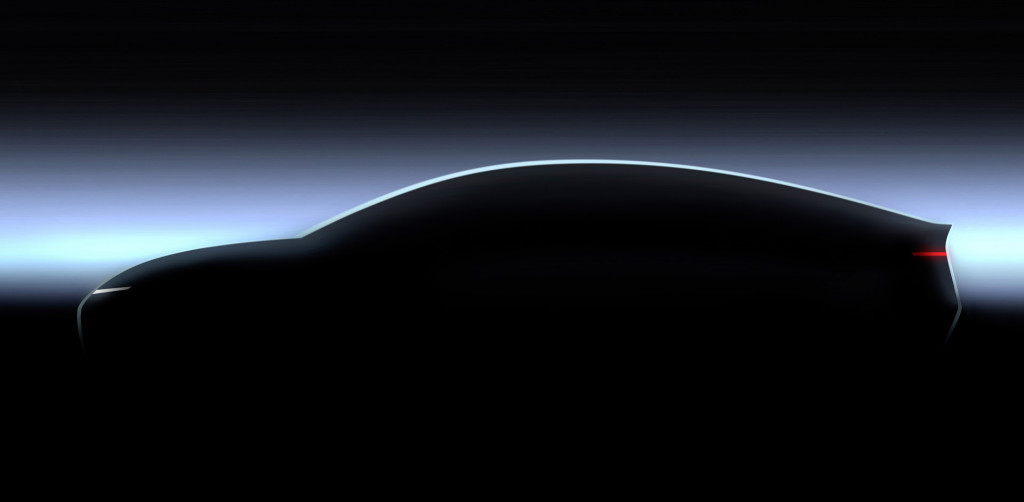Volkswagen will construct a second plant near its headquarters in Wolfsburg, Germany, to support production of a technological flagship vehicle code-named Trinity.
Final approval for the plant came late last week, with VW announcing it will invest some 2 billion euros (approximately $2.17 billion) on the site. Construction is to begin in the spring of 2023 and the first customer examples of the Trinity should be rolling off the line in 2026.
The plant will be a state-of-the-art facility with a high level of automation to help boost efficiency. It will also be carbon-neutral, VW said. The capacity should be around 250,000 vehicles, or about half the capacity of VW's current Wolfsburg plant, which today builds the Golf, Tiguan and Touran models for VW, as well as the Tarraco for SEAT.
The decision to go with a new plant instead of upgrading the current Wolfsburg plant was to avoid the limitations of the existing structure and allow new production techniques to be introduced. VW said there will be fewer model variants, fewer components, more automation, leaner production lines and new logistic concepts. The automaker targets a 10-hour production time per vehicle, which is the same target Tesla has for its new plant under construction just outside of Germany's capital, Berlin. The Tesla plant is expected to be operational in the coming months.

Teaser for Volkswagen Project Trinity due in 2026
The new production techniques will eventually filter across to additional plants from VW's Volkswagen Group parent, especially as more models move to a highly standardized platform known as the SSP (Scalable Systems Platform), which we'll first see in the Trinity. The platform will standardize not only structures but also battery cells and software.
The Trinity has been described as an affordable, compact electric vehicle. The vehicle, which will have a range of more than 400 miles, will serve as a sort of technological flagship for VW, with its Trinity code name a reference to the three main tenets the vehicle represents: a new platform, new production processes, and self-driving technology integrating artificial intelligence.
VW said the vehicle will be technically ready for Level 4 on the SAE scale of self-driving capability, but won't have this capability at launch. Level 4 implies a vehicle that can handle itself on its own, albeit only in set conditions, the usual one being a geofenced area with sufficient map data. A driver will be required to take back control outside of the set conditions, which is similar to a Level 3 car. However, a Level 4 car has the extra capability that it can come to a safe stop should a driver fail to take back control. The ultimate goal is a Level 5 car which will be able to handle all the same conditions expected of a human.
Software will also be a defining feature of the Trinity, and future vehicles from VW Group. Look for over-the-air updates, functions on demand, and vehicle-to-everything (V2X) communications.
